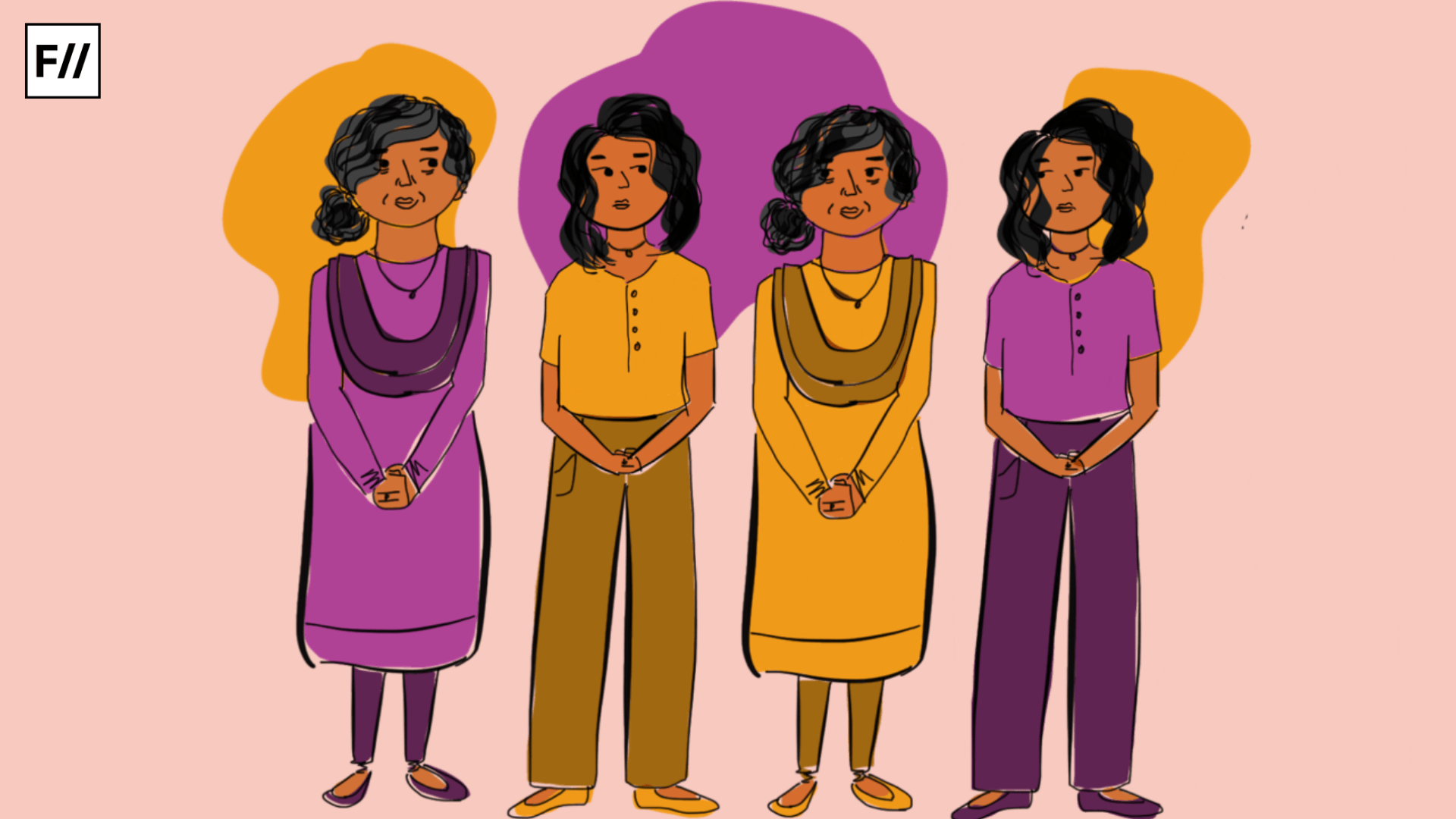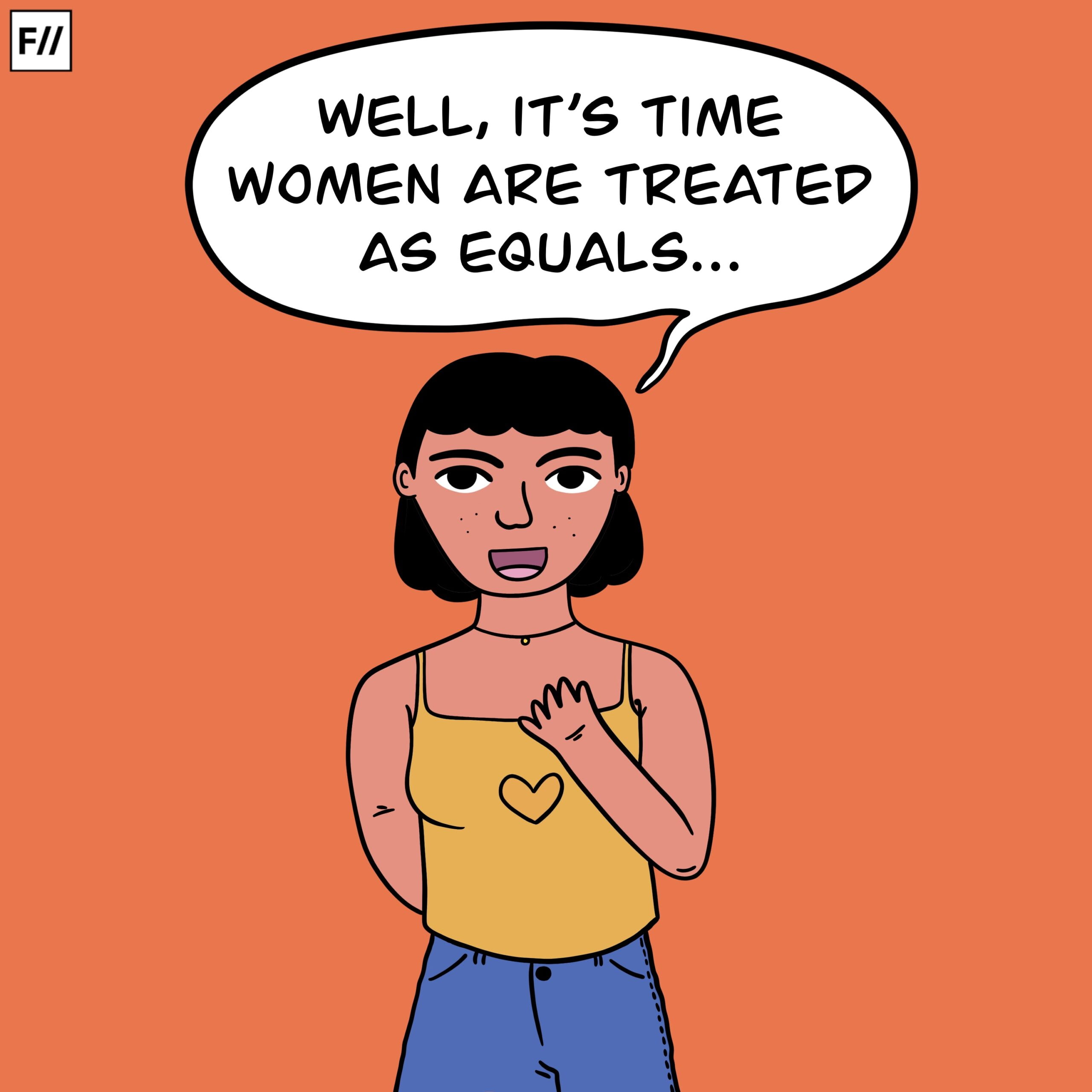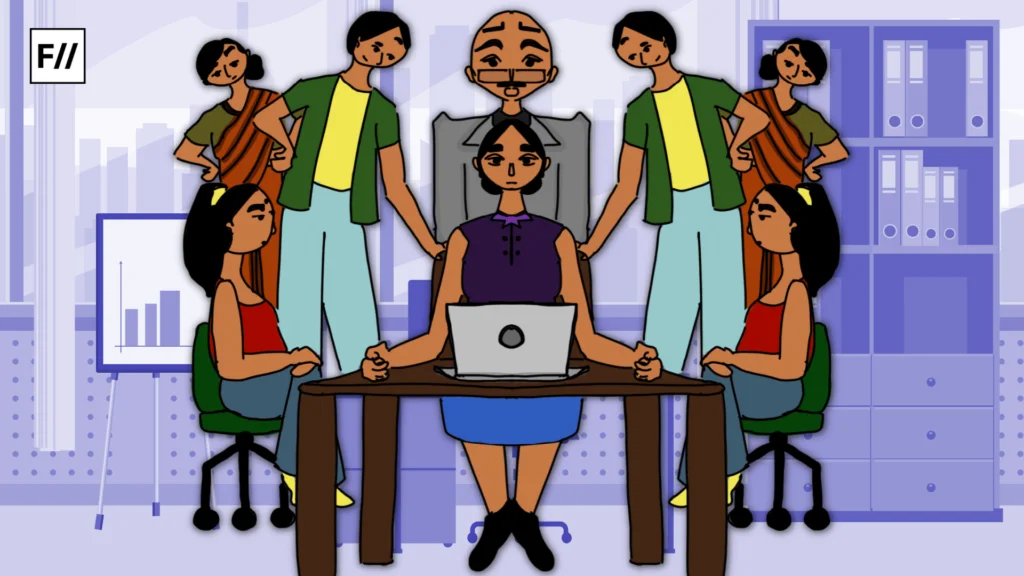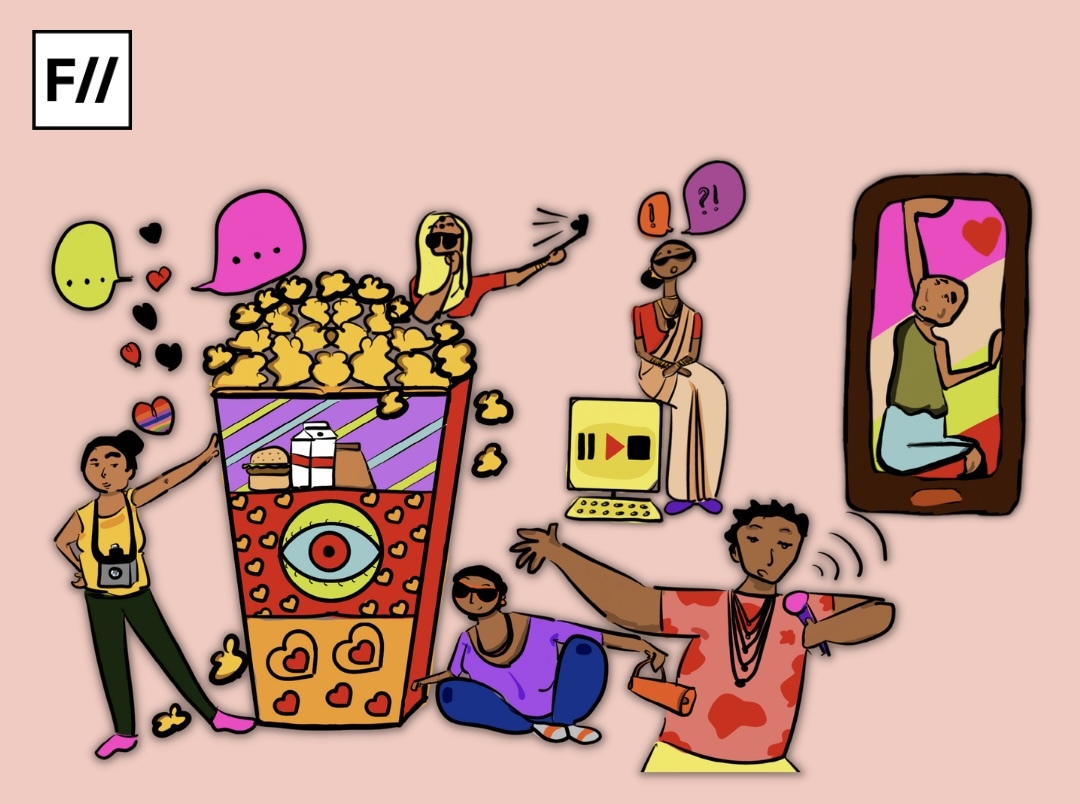Have you ever been asked questions at a job interview that made you uncomfortable?
A report from the World Bank Group uncovered a notable trend in job preferences: six out of ten jobs showed a leaning towards male candidates.
We’ve all either given or taken interviews in our careers- some good, some bad, and some unspeakable. Interviews are inherently designed to see if you’re a good fit for a company. Ideally, you’re faced with questions based on your CV/resume and some questions are designed to create discomfort for testing you.
However, apart from the purely professional ones, there are a set of personal questions that seem innocently standard but aren’t. Are these questions crafted to test your wit and creativity, or are they subtly prejudiced?
The not-so-subtle gender prejudice
A report from the World Bank Group uncovered a notable trend in job preferences: six out of ten jobs showed a leaning towards male candidates.
Interestingly, women were often chosen for roles considered lower in quality, status, and pay, primarily in the informal sector.
The report also highlighted that about one-third of job ads clearly stated a gender preference. Jobs like handling machinery, sales roles, and demanding outdoor work often went to men. On the other hand, women found more opportunities in roles such as cooking, housekeeping, and nursing. Although this gender bias lessens in the realm of white-collar jobs, it’s prevalent enough to raise concerns.
The gender parity in India
The Indian corporate world is rapidly expanding across all industries, helping the economy thrive. When it comes to the making of a workforce, there’s a significant amount of research proving that teams with a balanced gender mix tend to perform better.
When it comes to the making of a workforce, there’s a significant amount of research proving that teams with a balanced gender mix tend to perform better.
In one particular study within a professional services firm, it was observed that offices with a higher proportion of gender diversity reported increased revenue generation.

However, we’re also a nation that ranks 127th on the Global Gender Gap index out of 146 countries. People enter this imbalanced workforce via the recruitment process, hence the problem can be traced directly to the hiring systems in place.
The interview experience in Indian corporates
The process of hiring is crucial in minimising inefficiencies in the job market. This phase often depends on subjective judgments, unfortunately opening doors to discrimination.
Intriguingly, a study following an Indian government training program showed that women were 8.58% less likely to get a job offer compared to men, even when they had the same qualifications and experience, accounting for other variables like industry.
Are personal questions in interviews gender inclusive?
In another study, SHL Labs meticulously examined a total of 3,000+ interviews, covering more than 100 job roles, selected from a massive pool of 6 lakh interviews.
Female candidates are more likely to face personal questions during interviews.
When it came to personal questions, the study found a clear lack of gender inclusivity. Female candidates are more likely to face personal questions during interviews. Specifically, 42% of female candidates were asked at least one personal question, compared to 33% of male candidates. This discrepancy highlights underlying issues of gender bias in the recruitment process.

According to the study, the prevalent personal questions were about marital status (male- 7%, female- 11%), information about their siblings (male- 8%, female- 12%), information about children (male- 10%, female- 18%), and family background (male- 22%, female- 27%).
Interestingly, the gender of the interviewer also seems to play a role here, indicating that male interviewers tend to ask more personal questions than their female counterparts.
About 43% of male interviewers were likely to ask a personal question if the interviewee was a woman, compared to 35% when the interviewee was a man.
The extensive study clearly reveals a critical insight: when interviewers veer off course with questions not pertinent to the job, it diminishes the interview’s ability to predict job performance.
The extensive study clearly reveals a critical insight: when interviewers veer off course with questions not pertinent to the job, it diminishes the interview’s ability to predict job performance. This deviation not only risks introducing bias into hiring decisions but also, in certain areas, could potentially land the organisation in legal hot water.
Real-life examples of inappropriate interview questions
‘I have been to interviews and every time, personal questions popped up during the interview process – what is your family background? what do your parents do? do you have any siblings? where exactly do you live in that town? are you married? – questions that always make me feel uncomfortable.’ says Jasmin Kaur, Client Advisor at a fashion brand.

Referring to relationship status, Priyal Jani, account planner at an ad agency says, ‘During my campus placements, this was one question that came up quite a few times. I didn’t know how to react, especially because in an interview you don’t want to say something that might cost you the job.’
‘I was recently interviewed for a position in an alcoholic-beverages company.’ says Azis Merchant, FMCG brand manager ‘The interviewer asked me if my religious views would affect my performance. I told him very calmly that I would not have applied to the job if I had the slightest concerns about that, and he seemed satisfied with the answer.’
‘During an interview, one recruiting officer asked who I supported politically. I managed to brush off the question by saying that politics was not my cup of tea.’ says Prerna Modi, a teacher.
Legal repercussions for not being gender inclusive
While asking personal questions in job interviews is considered unethical and even illegal in several countries, it’s a different story in India where such inquiries are almost a routine part of social and professional interactions.
However, we do have certain laws in place to help promote gender inclusivity. According to Articles 15 and 16 of the Indian Constitution, everyone is entitled to equal employment opportunities, and discrimination based on caste, religion, sex, or place of birth is prohibited.
Also, in a recent landmark decision, the Supreme Court of India reinforced the importance of gender inclusivity by ruling that a two-year childcare leave, in addition to a mandatory maternity leave of 180 days, is a constitutional right for women employees.
Also, in a recent landmark decision, the Supreme Court of India reinforced the importance of gender inclusivity by ruling that a two-year childcare leave, in addition to a mandatory maternity leave of 180 days, is a constitutional right for women employees. The bench highlighted that the absence of such policies compels women to resign, thus exacerbating gender inequality in the workforce.

This judicial intervention emphasises the critical need for better legal frameworks that support women in maintaining their careers alongside motherhood, aiming to rectify the imbalance highlighted by India’s Global Gender Gap index ranking.
Simultanteously, the policies’ effective application in the private sector might require additional specific laws and regulations.
Ways to practice gender inclusivity
For candidates:
There are various ways to steer the conversation towards gender inclusivity. In some situations, you can keep your professional poise and use humour to diffuse the tension. However, in some situations, it can cross a hard boundary and you should speak up against it.
For example:
‘I’ve always refused to answer. An interviewer once told me that she hired only those who voted a certain way. I ended the interview by telling her that I would not be a good fit in a company that felt politics should come before productivity. Another tried their best to find out my age, they even asked about years of graduation and degrees. Since I refused to answer, and they knew they had crossed a line, that interview was salvaged, although I was not hired. My answer to an inappropriate question is to look the interviewer in the eye and say “I’m sorry, I’ll have to decline to answer that”. That answer can include political, personal, orientation, or age-related questions that go beyond the scope of a job interview and into the personal.’ says Susan Williams, a writer, on Quora.
For companies:
- Blind Hiring: This approach involves anonymising applications to create a gender-neutral hiring process.
- Inclusive Language in Job Posts: Certain words in job descriptions can discourage women from applying. Companies should craft job postings with inclusive language to attract a diverse range of applicants, clearly stating a commitment to hiring from varied backgrounds.
- Leveraging Data for Fairness: Utilising data analytics can help recruiters access a diverse candidate pool, with AI tools designed to ignore details like gender and age. It’s crucial to choose the right technology to avoid inadvertent biases, as was famously experienced by a global tech giant when their tool excluded resumes mentioning ‘women’.

- Structured Interviews: Using a consistent set of questions for all candidates ensures everyone is evaluated against the same standards, providing a more accurate assessment of their potential job performance.
- Diverse Interview Panels: Appointing someone to monitor gender bias during the hiring process, equipped with the right tools and diversity filters, can significantly enhance objectivity.
- Educational Sessions for Hiring Teams: Regular training sessions are essential to make hiring teams aware of prevalent biases in recruitment.
Transforming the hiring process in India to be more inclusive and unbiased is not just a step towards social justice, but a strategic advantage for businesses. This approach ensures a fair chance for all candidates, also enriching the workplace with diverse perspectives and skills.
As India continues to grow as a global economic powerhouse, such inclusive hiring practices will be key in shaping a more equitable and efficient workforce, ultimately driving innovation and success in the corporate sector.
About the author(s)
Forget textbooks, Mrudavi got hooked on writing through her childhood obsession with fiction novels. Now, she tells engaging stories that address real-world topics with a touch of her experiences. When the writing bug takes a break, Mrudavi can be found curled up with a good book or with her favourite people, fueling her imagination with endless cups of iced lattes.






